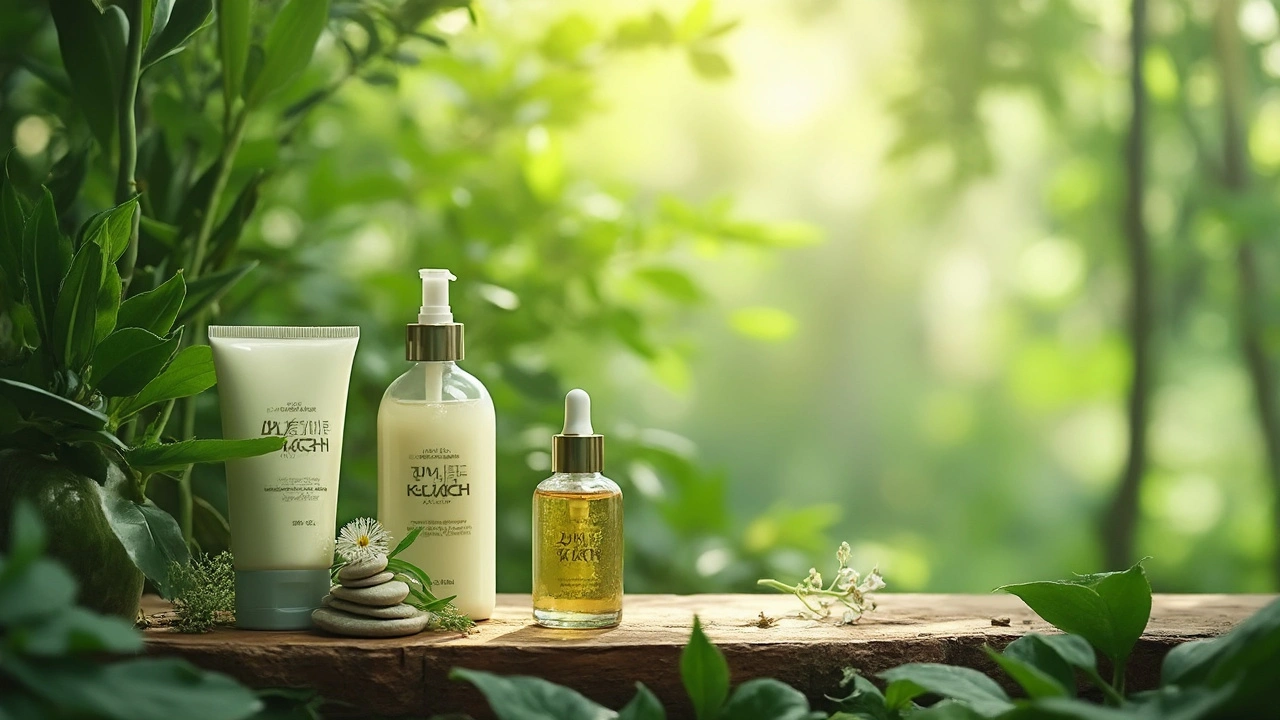Skin Care Made Simple: Tips, Tricks, and What to Watch Out For
Keeping your skin looking and feeling good doesn’t have to be complicated. Whether you’re dealing with daily dryness, occasional breakouts, or a condition like rosacea, the right habits can make a big difference. Below you’ll find straight‑forward advice you can start using today, plus links to deeper reads on specific skin topics.
Protect Your Skin From the Sun and Chemicals
Sun exposure is the biggest cause of early aging and flare‑ups for many people. A broad‑spectrum SPF 30 (or higher) sunscreen should be the first thing you apply each morning, even on cloudy days. Re‑apply every two hours if you’re outdoors, and don’t forget easy‑to‑miss spots like the ears, back of the neck, and tops of the feet.
Some medications can make your skin extra sensitive to sunlight. Our article on Etodolac and Photosensitivity explains how NSAIDs like Etodolac can trigger sunburn‑like reactions. If you’re on a drug that raises photosensitivity, stick to early‑morning or late‑evening outdoor activities and wear UPF clothing.
Deal With Common Skin Conditions Quickly
Rosacea is a common cause of facial redness, especially after sun exposure. In the post How UV Light Impacts Rosacea, we break down why UV triggers flare‑ups and give you three easy steps to calm the skin: use a gentle cleanser, apply a calming serum with niacinamide, and finish with your SPF.
For those who notice sudden itching or a rash after starting a new medication, check the Etodolac guide for signs of drug‑induced photosensitivity. Knowing the symptoms can help you stop the reaction early and talk to your doctor about alternatives.
Dry skin often feels tight after a shower. The trick is to moisturize while the skin is still damp. Choose a fragrance‑free cream that contains ceramides or hyaluronic acid—these lock in water and support the skin barrier. Apply a pea‑sized amount to your face and neck within three minutes of stepping out of the shower.
Acne isn’t just a teen issue. Stress, hormonal changes, and certain supplements can spark breakouts. If you’re curious about how diet influences skin, read the Kudzu Supplement Benefits article. While kudzu may help with hormonal balance, it’s best to start with a low dose and see how your skin reacts.
Lastly, never underestimate the power of a good night routine. A gentle cleanser, a targeted treatment (like a retinol or benzoyl peroxide spot treatment), and a rich moisturizer can repair damage while you sleep. Consistency beats occasional over‑the‑top treatments every time.
Got a specific skin concern? Browse our full list of skin‑related posts on the right side of the page. We cover everything from supplement effects to drug safety, so you’ll always have a reliable source for the facts you need. Happy skin caring!

